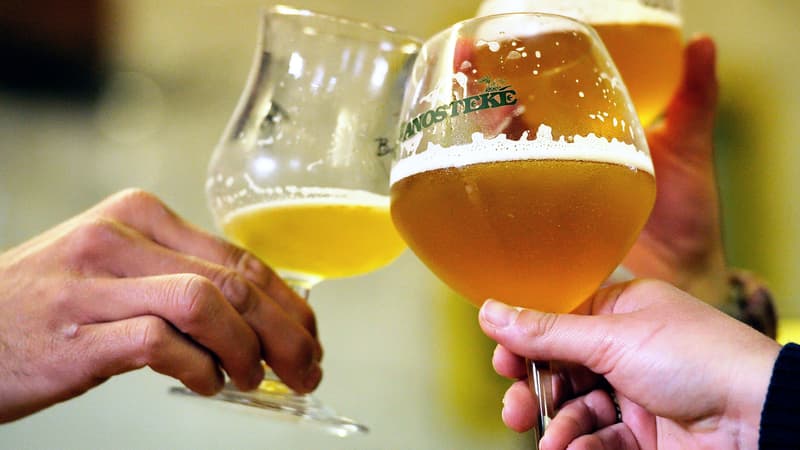“Night owls” are no more likely to die younger than early risers who like to get up early in the morning, if they don’t spend their long nights drinking and smoking, according to a Long Course study published Friday.
Earlier work, using data from almost half a million UK residents aged 38-73, concluded in 2018 that there was a 10% higher risk of death from all causes for later nappy risers than early risers, during a period of six and a half years. half-year.
This British study, the first to explore mortality risk, did not take into account factors such as alcohol, which could be involved in these premature deaths.
A difference “mainly because of tobacco and alcohol”
The researchers wanted to know more, and their work was peer-reviewed and published in the journal Chronobiology International. They tracked nearly 24,000 same-sex twins, this time in Finland, who were asked in 1981 if they were early risers or evening risers. A third described themselves as more of an evening person, 10% as a true evening person, and the rest were early risers.
Night owls tended to be younger, but also drank and smoked more than others. When the researchers took this data, in 2018, more than 8,700 of the twins had died.
During these 37 years, the researchers estimated that true “night owls” had a 9% higher risk of death from all causes than others. A difference “mainly due to tobacco and alcohol”, according to them: night owls who do not smoke and drink little do not present a greater risk of dying before early risers.
For the study’s lead author, Christer Hublin, from the Finnish Institute of Occupational Health, “truly nocturnal people should think about their alcohol and tobacco use, if at all.” By itself, regardless of other factors, the time individuals tend to go to bed—their “chronotype”—has “little or no” effect on their mortality, she says.
“No objective information”
For Jeevan Fernando, a chronotype researcher at the University of Cambridge, the results of this study are solid, but with limits. Having participants rate themselves in the morning or at night is, in his opinion, “unsatisfactory because it does not provide objective information,” unlike more modern methods.
And the study does not include other products than alcohol and tobacco, says Jeevan Fernando, author of research that has shown that “night owls” have worse mental health -mainly anxiety- and that drug use could aggravate the problem .
Source: BFM TV


